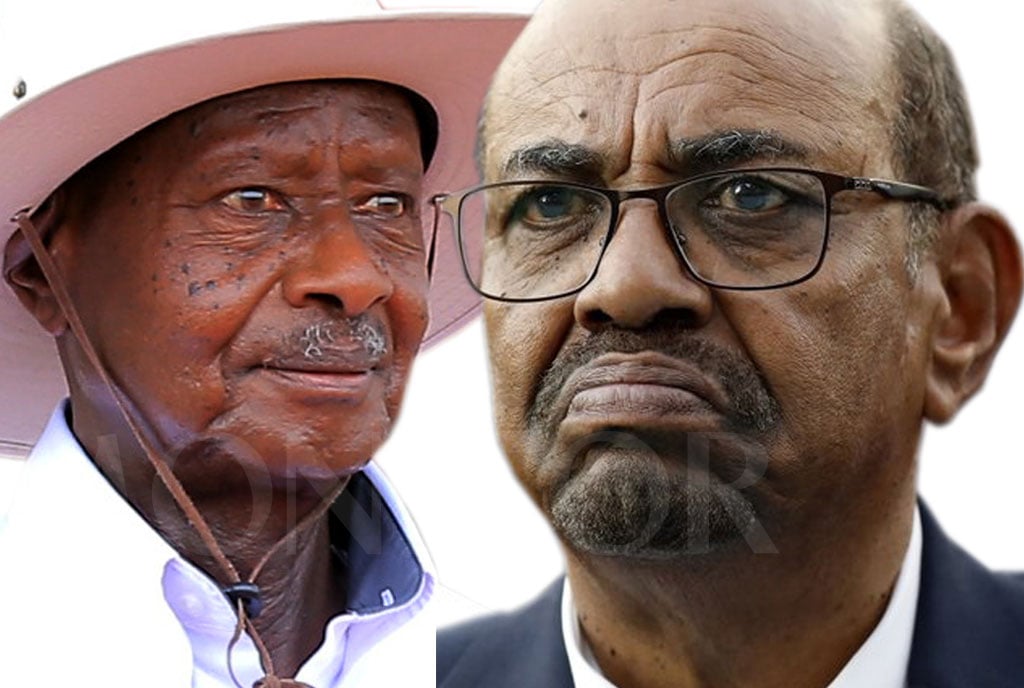Prime
Only accountability-centred truce can yield peace in Sudan

Author: Hassan Hassan. PHOTO/COURTESY
What you need to know:
- AU has immense diplomatic resources it can use to bear upon the warring factions in Sudan.
On May 31, talks aimed at resolving the crisis in Sudan – now in its 10th week – broke down in Jedah, Saudi Arabia, after the government side suspended its participation, accusing its rival – the paramilitary Rapid Support Forces (RSF) – of violating an earlier agreed-upon ceasefire.
Every day that the conflict in Sudan endures is a nightmare for its people. As the two militaries jostle for supremacy, millions remain trapped in the crossfire, innocent civilians are being killed in droves, and those too terrorised to step out of their apartments are running short on essential supplies like food, water and medicines, exacerbating a humanitarian catastrophe.
Efforts to end the conflict, so far mainly led by the US and Saudi Arabia, are yet to yield much: Ceasefires have routinely been violated, hindering the delivery of much needed humanitarian assistance, and it remains to be seen whether the first round of sanctions announced by the US on June 1, targeting firms belonging to the conflict’s two leading protagonists – Generals Burhan and Dagalo – will be sufficient to compel them to negotiate peace. Globally, however, there has been little unified international action to end the Sudan conflict.
The lack of clear and unequivocal incentives for accountability has for years encouraged a culture of impunity in Sudan, of which the current crisis is a direct consequence. Under Sudan’s deposed dictator Omar Bashir, Sudan marginalised its non-Arab ethnic population in the south and west of the country, provoking rebellions in both regions that led to mass deaths, displacements, and the eventual breakaway of South Sudan into an independent state.
Although the International Criminal Court (ICC) eventually issued an arrest warrant for Bashir and his henchmen for their war crimes and genocide in Darfur, Bashir managed to evade arrest, in part thanks to an African-Union led campaign to discredit the ICC, ensuring that he would evade justice until his eventual overthrow in 2019.
Before his overthrow however, Bashir regularised the Janjaweed militia which had in 2013 rebranded as the RSF, and gave it the force of law as an independent security force in Sudan. It is this same RSF that is the other party to Sudan’s current crisis.
Despite this well documented history of impunity and grave human rights atrocities, however, none of RSF or any of Sudan’s military leaders for that matter has to date been held accountable.
Instead, from 2017, the US began to systematically ease sanctions against Khartoum, lifting a decades-long economic embargo against the country and removing it from its list of state-sponsors of terror, despite no structural reform in Khartoum’s human rights record. Emboldened and readmitted into the global financial system, Sudan’s military leaders made the most of it.
Any intervention to sustainably end the crisis in Sudan must, therefore, be informed by this history. It must centre accountability, prioritise delivering justice for the millions of victims, and spell out clear sanctions that will act as a deterrence against a repeat of Sudan’s cycles of impunity and violence.
The African Union through its Peace and Security Council and regional blocs like Igad must particularly play a central role in helping end the current conflict by sending a clear and unequivocal message to Sudan’s warring military leaders that their continued belligerence and disregard for the Sudan people will have a price.
With a membership of more than 50 states, the AU has immense diplomatic resources it can use to bear upon the warring factions in Sudan. It is an opportunity for the continental body to translate the mantra; African solutions to African problems from a mere slogan into lived reality for the suffering people of Sudan.
Hassan Shire is the executive director at DefendDefenders




